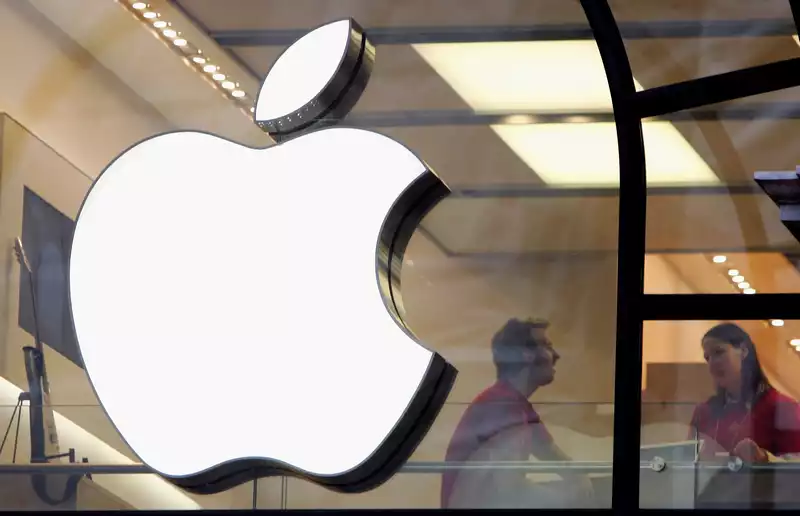For the past few years, Apple has made its commitment to privacy its own selling point, going out of its way to reassure iPhone customers that their data is safe from prying eyes.
This stance has been somewhat undermined by the recent controversy over the photo scanning of child abuse images (which was postponed), but one analyst believes that the company's apparent commitment to privacy may be hiding another long-term goal.
"We see (the privacy changes) as a sign that Apple may want to compete in global advertising," said RBC analyst Bran Erickson in a client note seen by Reuters. The "privacy change" refers to App Tracking Transparency (ATT), an iOS 14.5 update that allows iPhone owners to block user tracking.
The company "can use data privacy as a cover while investing in a backside search algorithm," Erickson continued, seemingly hinting at an Apple-branded search algorithm to replace Google and Bing.
The idea that Apple might consider challenging Google may sound a bit far-fetched, and it is not the only interpretation of the company's privacy moves. Indeed, Reuters notes that while analysts at another firm, Evercore ISI, agree that "blocking third-party ads" would give Apple an edge in the advertising world, ATT is intended for user privacy, not monetization.
Creating a search engine that works as well as Google's algorithm is a daunting task, and even well-funded rivals are struggling to make significant inroads. Just this week, it was reported that the most searched term on Microsoft's Bing was "Google."
And Apple's past attempts to encroach on Google's territory have not always gone smoothly, as anyone who remembers the early days of Apple Maps can attest.
Plus, there is the fact that Google pays Apple $15 billion a year to be the default search engine for the iPhone. Creating its own search engine would just maintain the status quo and put an end to this easy money that Apple is pocketing every year.
The flip side, of course, is that if Google can afford to pay $15 billion a year for the privilege, being the iPhone's default search engine must be worth a great deal to the company. Apple might want to know how much money it could make by cutting out the middle man. Whether privacy-conscious iPhone users can stomach that is another matter.










Comments